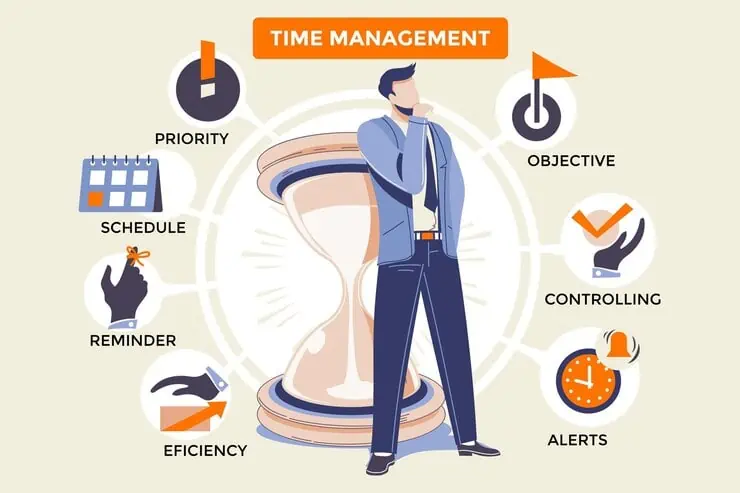By theEMPLOYEEapp Comments are Off
Employees in hybrid work settings juggle deadlines, attend back-to-back virtual meetings, and rely on a team spread across cities or even continents to get things done. Now, throw in communication breakdowns. It’s no wonder things start to unravel. Factually ineffective communication at any workplace is a productivity killer. Several studies have also revealed this. For instance, one found that ineffective communication hurts the
By theEMPLOYEEapp Comments are Off Data analytics helps in frontline operations, Data analytics in frontline operations, Frontline operations, How can data analytics improve frontline operational efficiency?, How does data analytics help in frontline operations?, Operational analytics examples for frontline workers
Data isn’t just for dashboards anymore—on the frontlines, it’s the key to smarter decisions, faster responses, and stronger teams. In today’s high-pressure, high-stakes business environment, frontline workers are the backbone of operations—but they’re also the most underserved when it comes to data-driven tools. As real-time challenges multiply, forward-thinking organizations are turning to data and analytics to unlock new levels of
By theEMPLOYEEapp Comments are Off Deskless Employee Productivity, Deskless employee productivity in the workplace, Deskless Workers, Deskless Workers Productivity, How to Improve Deskless Employee Productivity, How to increase deskless employee productivity in the workplace, Increase deskless employee productivity, Tips for deskless employee productivity
Unleashing the full potential of the deskless workforce is crucial for enhancing employee commitment, morale, and overall productivity within an organization. Simply instructing staff to be more productive falls short. Instead, organizations must inspire and guide their deskless workforce, illustrating the benefits of heightened productivity in the workplace. Fostering a collaborative culture that values and celebrates the unique strengths of
By theEMPLOYEEapp Comments are Off culture of recognition and appreciation, How to Recognize Frontline Employees, Steps to Recognize Your Frontline Employees, Ways to Recognize Your Frontline Employees, What is the culture of recognition and appreciation?
In every organization, frontline employees hold a pivotal position as they operate at the forefront, directly influencing customer satisfaction. Despite their significant impact, their efforts are often undervalued and underestimated. Acknowledging the crucial role of these employees extends beyond ethical considerations; it becomes a business imperative, particularly in competitive environments. This blog post delves into the imperative of celebrating frontline
By theEMPLOYEEapp Comments are Off Deskless Employees Feedback, Effective Feedback for Deskless Employees, Feedback for Deskless Employees, How to Deliver Effective Feedback for Deskless Employees?, How to give feedback to deskless employees?, Improve deskless workforce communication, Ways to improve deskless workforce communication
In today’s dynamic work environment, where deskless employees play a crucial role, mastering the art of delivering effective feedback is paramount. Recognizing the unique challenges and contributions of deskless teams makes feedback a strategic imperative. This entails not only acknowledging diverse work settings but also understanding the mobile nature of deskless work. Effective feedback becomes a linchpin for fostering clear
By theEMPLOYEEapp Comments are Off Deskless Employees, Deskless Workers, Time Management Strategies, Time Management Strategies for Deskless Employees, Time Management Strategies for Deskless Workers, Time Management Strategies for Frontline Employees
As the global population of deskless workers continues to rise, effective employee time management has become increasingly crucial for maintaining a productive workforce. These individuals, dispersed across various fields, undertake indispensable tasks in our society. However, due to the inherent nature of their roles, deskless workers often grapple with a spectrum of time management challenges, including unpredictable work schedules and






